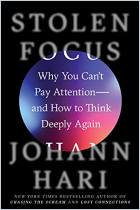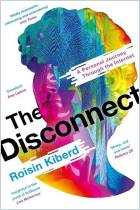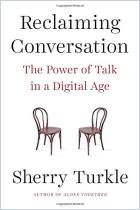Join getAbstract to access the summary!

Join getAbstract to access the summary!
Daisy Yuhas
Why Social Media Makes People Unhappy – And Simple Ways to Fix It
Research suggests platform designs make us lose track of time spent on them and can heighten conflicts, and then we feel upset with ourselves
Scientific American, 2022
What's inside?
People resent wasting time on social media, but studies reveal ways to redirect app “addiction.”
Recommendation
Scientific American columnist Daisy Yuhas interviewed University of Washington graduate student Amanda Baughan, who specializes in human-computer interaction, about people’s growing resentment toward endlessly scrolling through social media posts. Her project explored how apps trigger the “dissociation” she describes as “reduced self-reflection and narrowed attention” rather than addiction. Baughan thinks smarter apps could help users organize content and waste less time on platforms.
Summary
About the Author
Daisy Yuhas edits the Scientific American column “Mind Matters.” She is a freelance science journalist and editor based in Austin, Texas.



















Comment on this summary